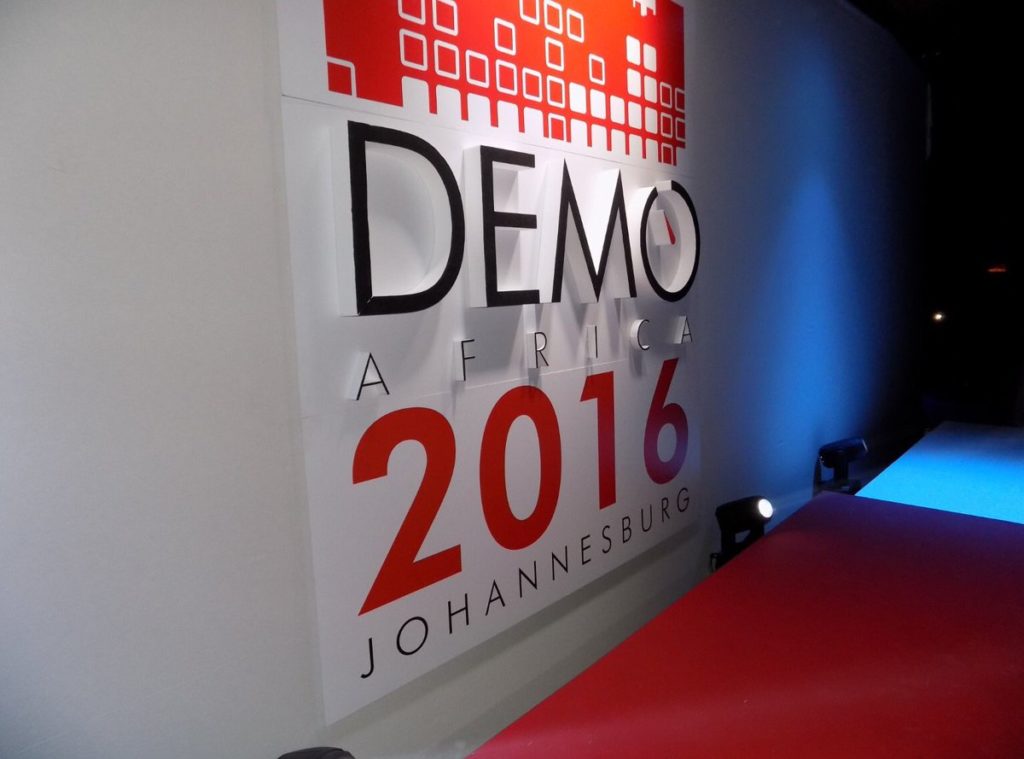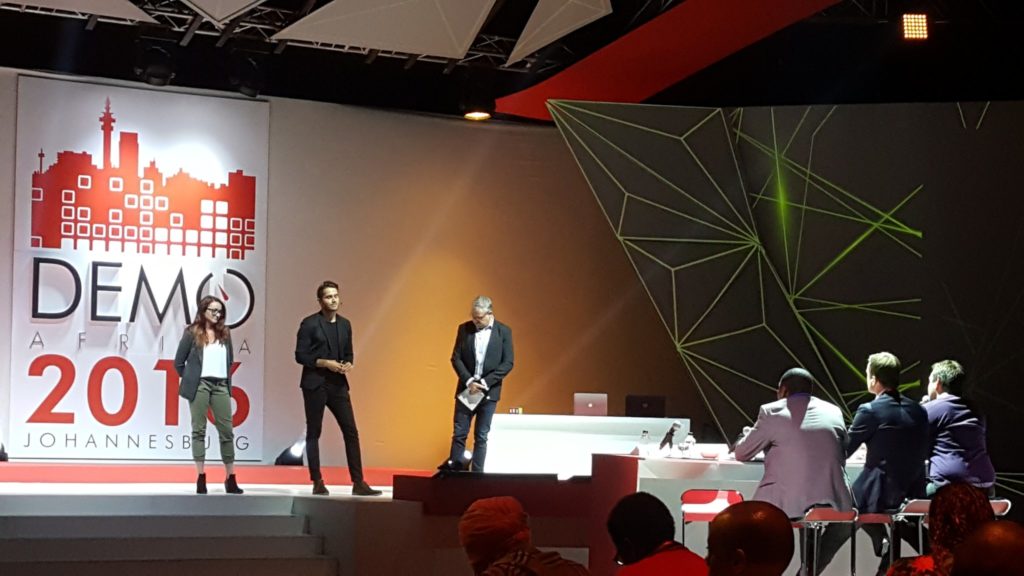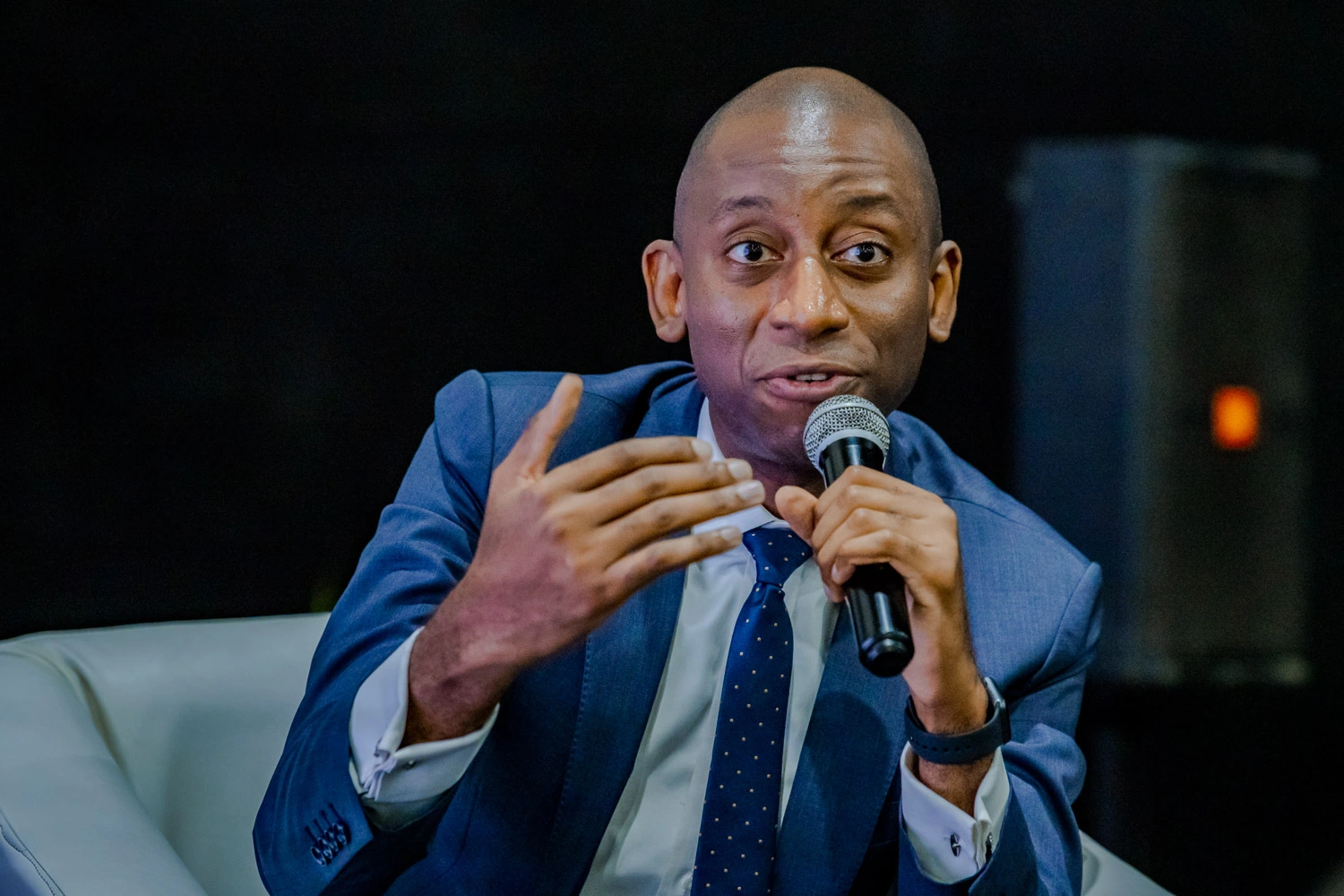On Friday last week, the fifth edition of Demo Africa came to a successful close. After two editions in Lagos and two in Nairobi, Johannesburg was the impressive host of this year’s notorious African tech competition. The large 3D mapped stage, the vibing hall of startup “pods” and a gathering of some of Africa’s most influential ecosystem builders set the tone of the event immediately – Africa is on the rise.
Just a day after the creation of the South African Business Angel Network (SABAN), the gathering was opened by Harry Hare, the man who has led Demo Africa since its beginning. He urged the audience to collaborate and work together towards building a better and brighter Africa.
In order to do this, the input of all stakeholders is needed. “We must push for enabling policies, support of entrepreneurs and ease of investment throughout Africa,” said the Executive Director of Demo Africa. “We need to keep the talent in the continent to create more jobs and more opportunity”.
The City of Johannesburg was definitely leading by example as this year’s host. Ravi Naidoo, the Executive Director of Economic Development & Tourism for the City of Johannesburg, explained how the city itself was becoming a destination for business on the continent. In recent years, it has orchestrated an impressive string of support mechanisms for entrepreneurship.
From work readiness programs empowering 200,000 people per year, to the facilitation of local procurement around the city, and running a city wide accelerator program where more than 400 people have designed their business models and set up their companies in the past year, to finally working with the largest corporations on supplier development programs.
The event this year brought our attention to the importance of changing the African narrative. Look away from the stories of famine, disease and poverty. The new generation Africa is here. Today, African entrepreneurs have unlimited potential, innovative technology at their fingertips, and access to knowledge to go out and solve the continent’s biggest challenges. The startups pitching during the two days clearly indicated that this change is coming from within, allowing all the change-makers to strengthen themselves and their communities by showing the way.
This year Demo Africa gathered 27 startups from across the continent. Innovative ideas and businesses of all sector were exposed. An encouraging amount of clean technology companies proved we could think differently about farming, energy generation and water heating. Advertisement prevailed as the way to provide free services to consumers. Logistics and pipelines found their disruptors. On the fintech side, savings were easier managed, money laundering solved and students had easier ways to pay.
The five winners selected to represent Africa in the Silicon Valley are healthcare platform, ConnectMed, on-demand TV and internet device, MediaBox, Gmail smart skin, Sortd, and energy startups, Solstice HES and Strauss Energy.
Interestingly a large part of the conference revolved around comparisons between Africa and the Valley, access to funding in the West and success stories from Palo Alto. Going forward, Demo Africa has to ask itself the question of what exactly the event wants to be. Does it want to show examples and achievements from the USA? Or does it want to shine light on African success stories and current change-makers?


















